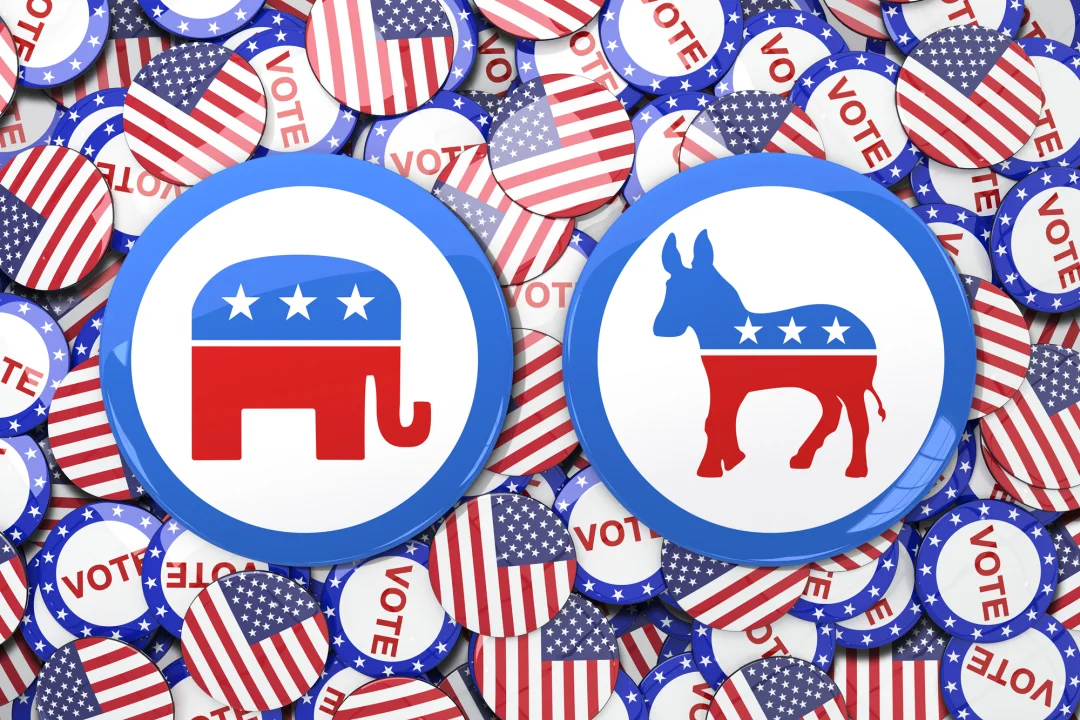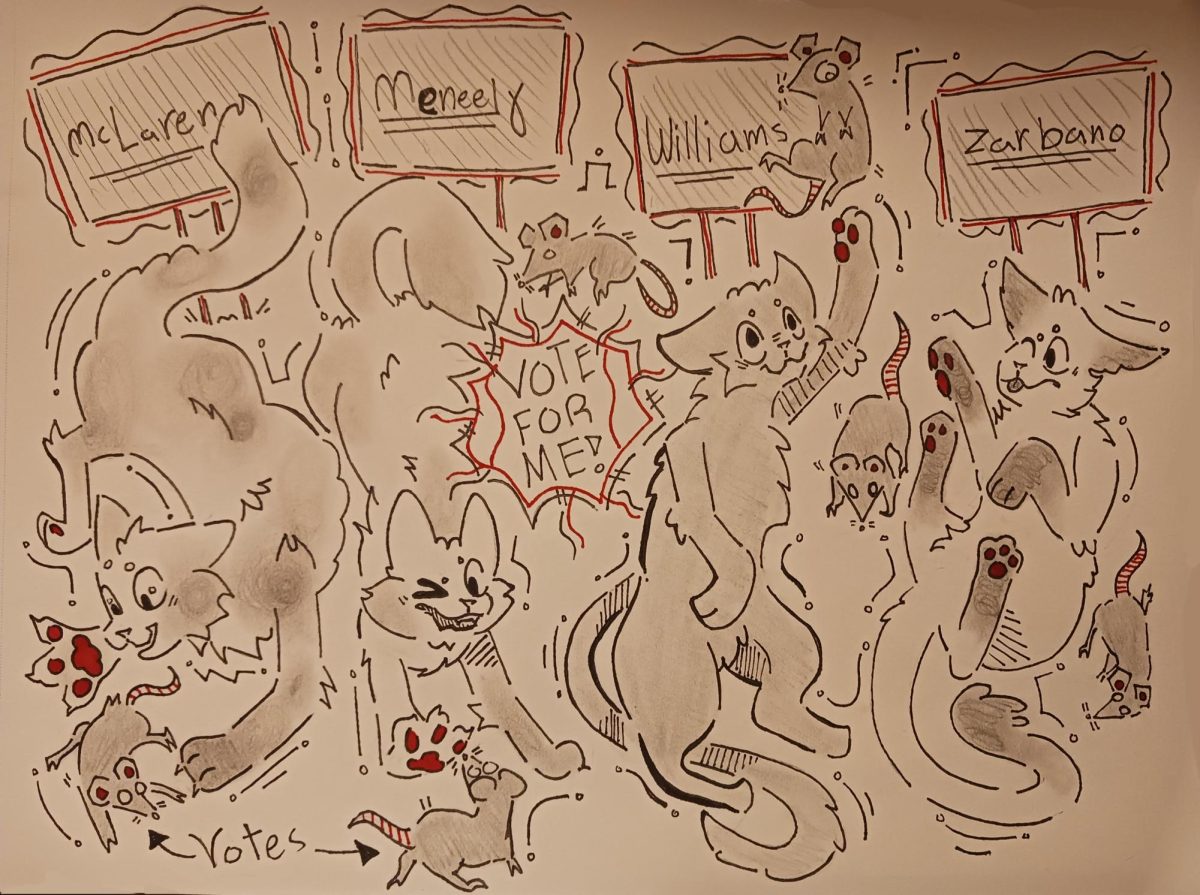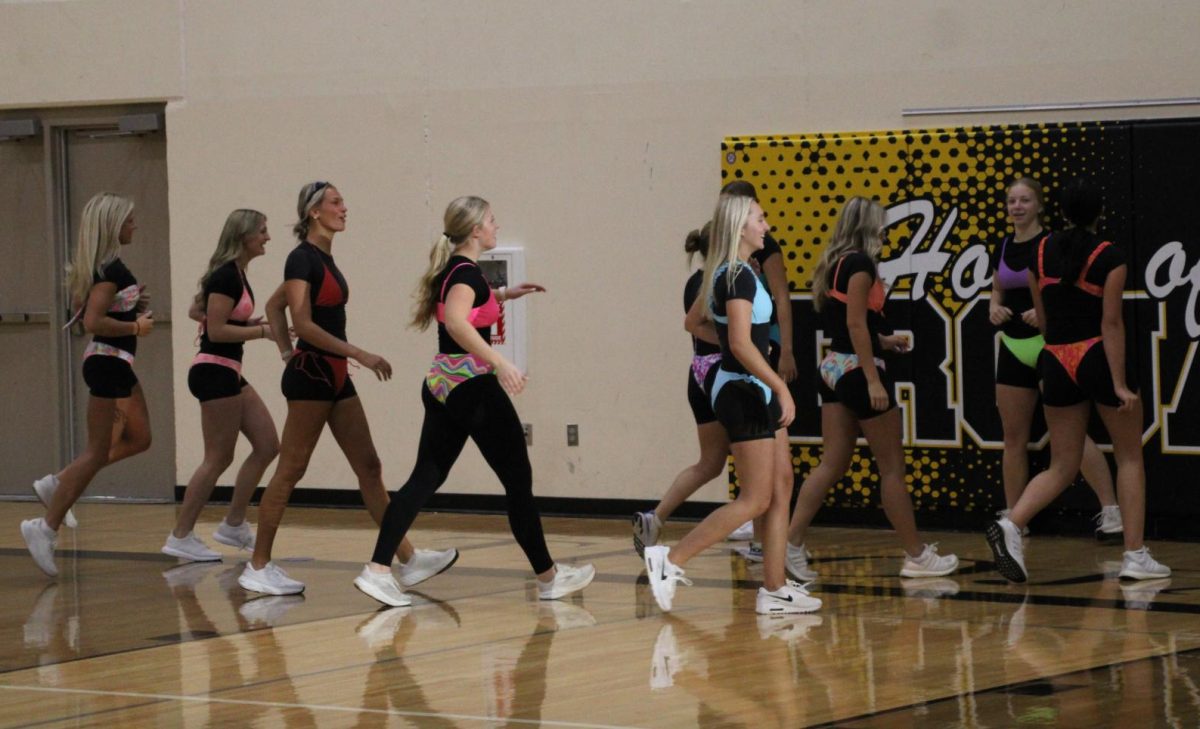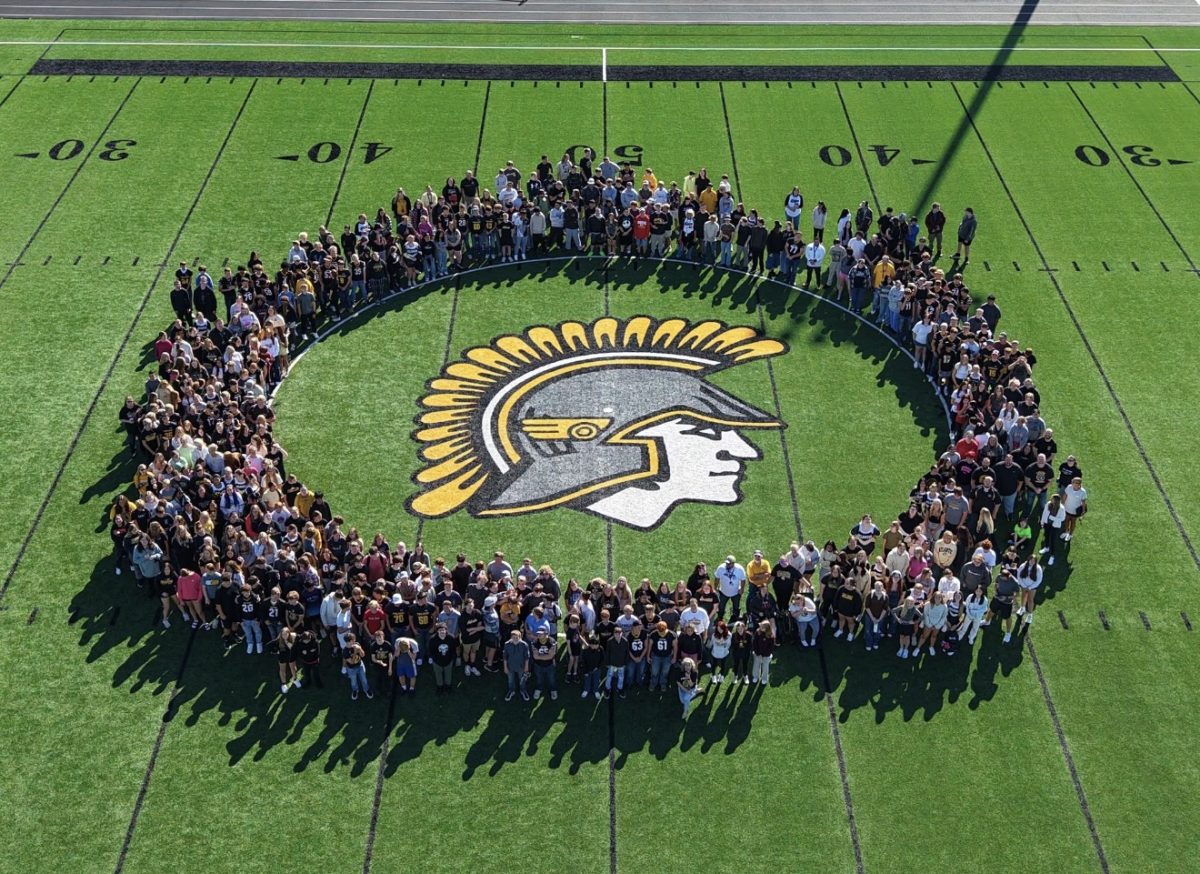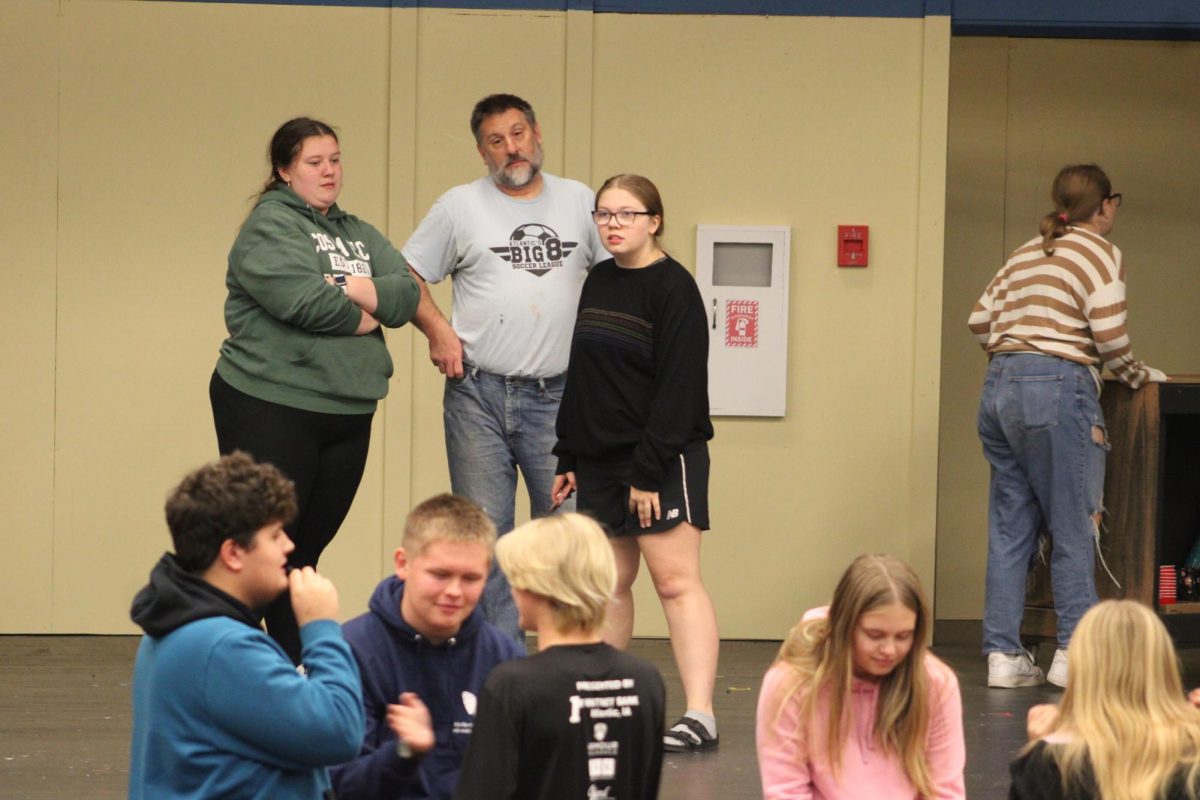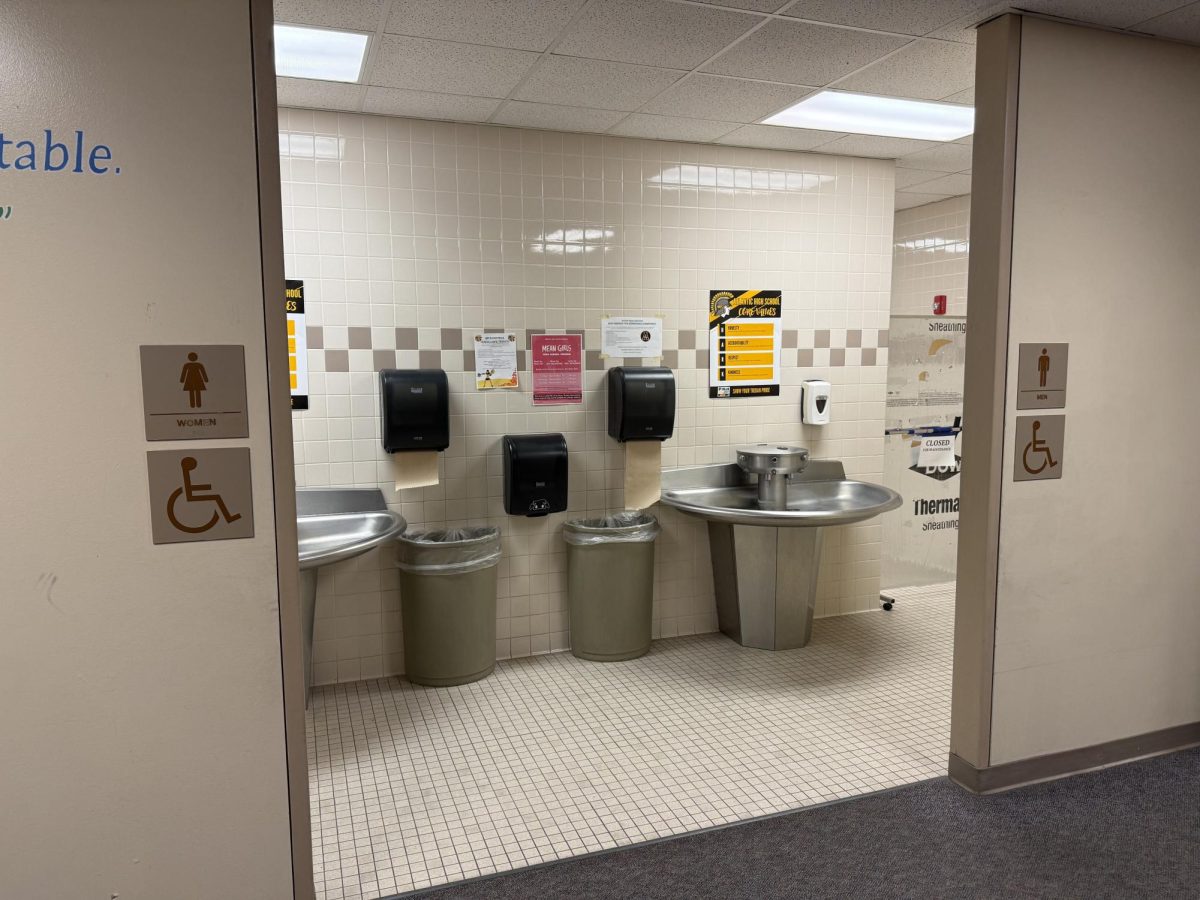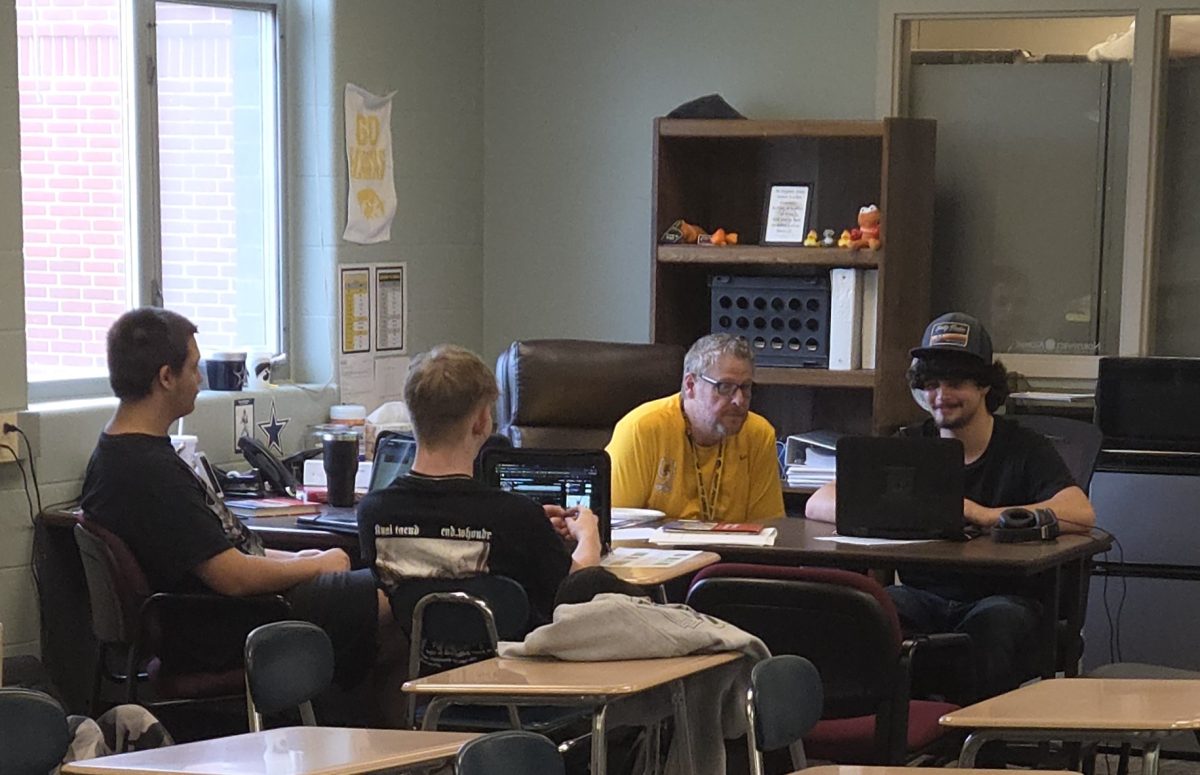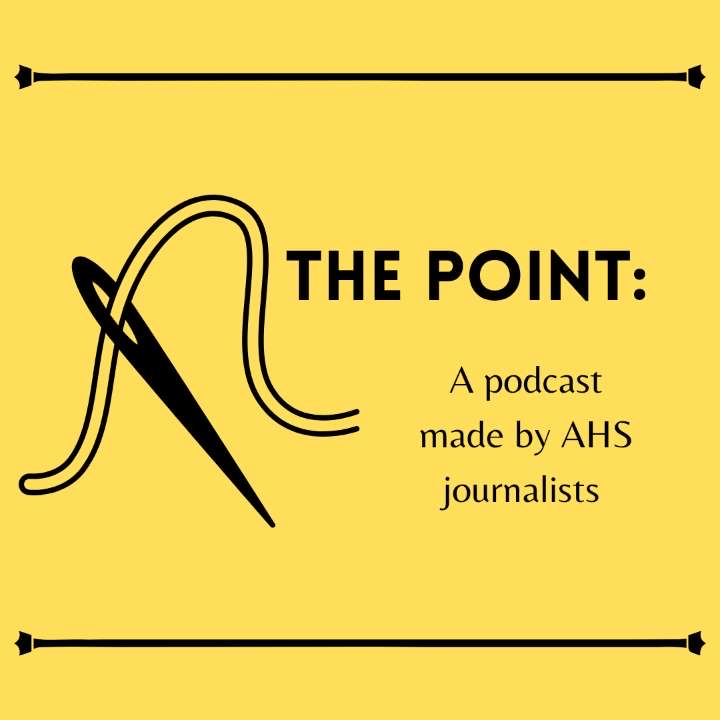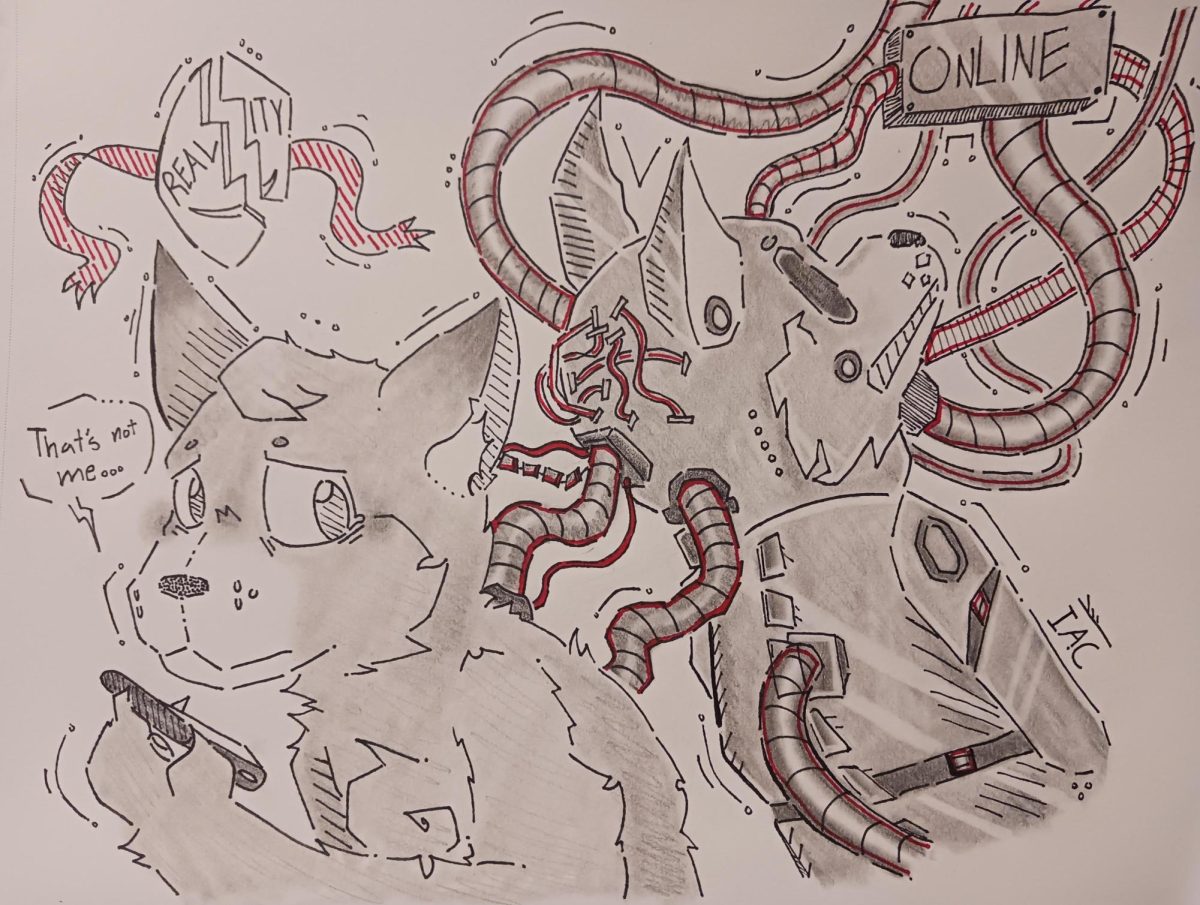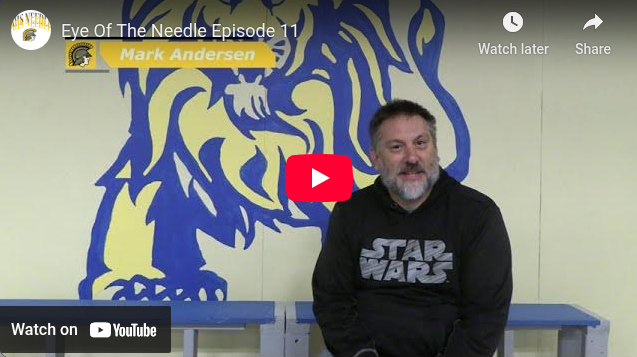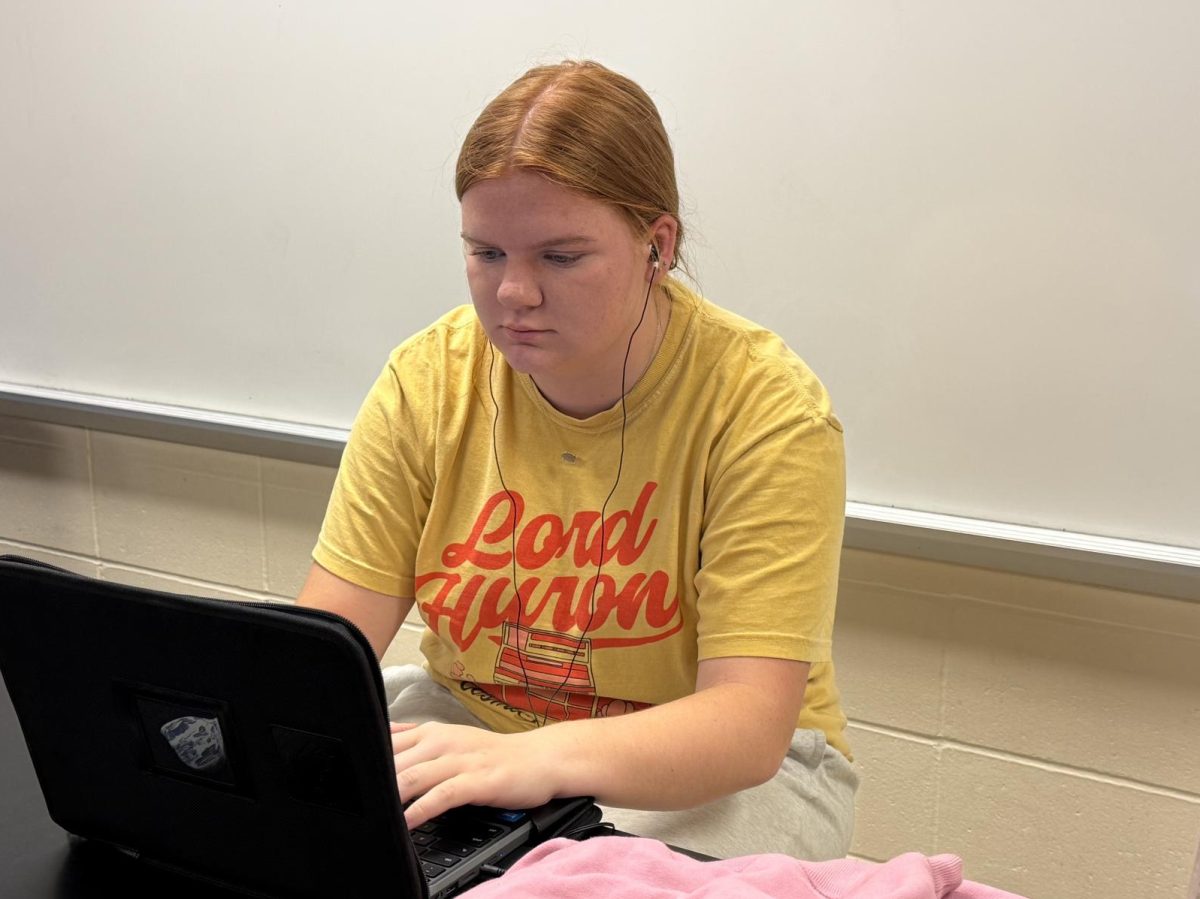Tomorrow Jan. 15, the presidential race unofficially begins. At the Republican/Democratic Primary, anyone 18 years of age or turning 18 before Nov. 5, votes for their top pick for the 2024 President. Primaries are elections that each party holds to select candidates to run against each other in the general election. However, there are multiple types of primaries.
Open primaries are open to any voter under any political affiliation to vote for a primary in any party. For example, a voter registered as a Republican may choose to vote for the Democratic primary. The voter may only vote in one party’s primary, but in many states, voters are not required to choose a political affiliation when they register to vote. States vary in how they administer open primaries.
A closed primary is an election in which only voters registered in a political affiliation may vote. For example, a voter registered as a Democrat may only vote in the Democratic primary. Non-registered voters must choose a party to affiliate with on their voter registration form to participate in that state’s primary election.
Lastly, in a semi-closed primary, Independent voters or those without political affiliation may vote in whichever party’s primary they choose. Still, registered voters can only vote in their party’s primary. So, a registered Democrat voter can only vote in the Democratic party and a voter registered as an independent may choose a Republican or Democratic primary.
Whether you are newly able to vote or this will be your first year voting, primaries are a way to make your voice heard and ensure that you may choose who runs the country you live in. With that, it is a major responsibility, and those who do not vote are handing their political power to those who may oppose their views. The Republican Primary is held on Jan. 15 at 7 pm and the Democratic Party is held on March 5.

